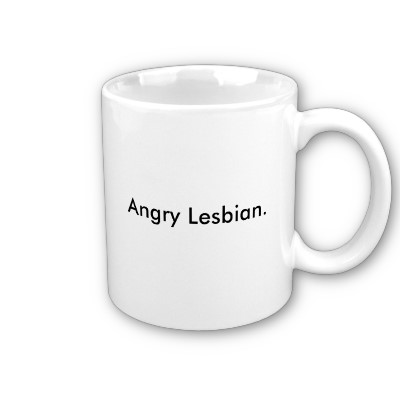I really wish the LGBT and non-profit industry in general would stop hiding behind "good causes" and own their mistakes/shortcomings so we can all move forward.
-
-
Harvard LGBT Students of Color and Allies Talk Race and Queerness, Gender Takes a Back Seat
Last night, I had the pleasure of facilitating a student discussion about the experience of being an LGBT person of color and/or ally on the Harvard campus. I was invited to speak about my work as the QWOC+ Boston founding organizer, and about the complexities of having multiple identities as…
Online rulet oyunları gerçek zamanlı oynanır ve online slot casino bu deneyimi canlı yayınlarla destekler.
İnternet üzerinden eğlence bahsegel giriş arayanlar için deneyimi vazgeçilmezdir.
Kullanıcıların hesaplarına hızlı ve sorunsuz bettilt ulaşabilmesi için adresi her zaman güncel tutuluyor.
